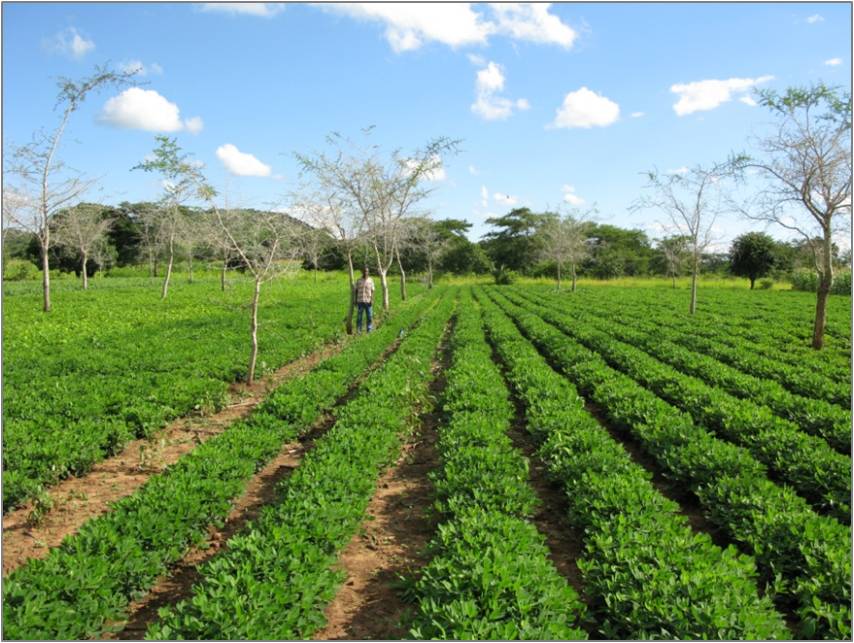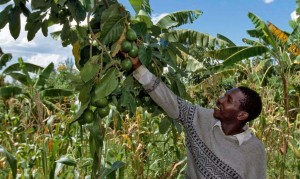AGRICULTURE across Africa must undergo a significant transformation to meet the multiple challenges of climate change, food insecurity, malnutrition, poverty and environmental degradation,a global agriculture research partnership for a food secure future has said.
According to the Consultative Group for International Agricultural Research (CGIAR), the envisaged transformation includes the adoption of ‘Climate-Smart Agriculture’ (CSA) which has been identified as a suitable way of addressing pressing environmental and developmental challenges facing the African continent.
Climate-smart agriculture is the result of practices and technologies that sustainably increase productivity, support farmers’ adaptation to climate change – and, where possible, reduce levels of greenhouse gases.
At the local level, climate-smart agriculture shields farmers from the adverse effects of climate change. It improves farm yields and household incomes, leading to stronger and more resilient communities.
Atthe national level, it helps deliver food security and development goals, while reducing emissions.
“CSA can also help governments to achieve national food security and poverty reduction goals,” said CGIAR during the World Environment Day commemorated on Tuesday this week.
In Africa, CGIAR says, a number of CSA practices have already been trialed and adopted through projects initiated by a assorted partnerships.
They include the East African Dairy Development project implemented by Heifer International in partnership with the International Livestock Research Institute (ILRI); Techno-Serve; World Agro-forestry Centre (ICRAF); African Breeders Service Total Cattle Management, and farmers.
Drought Tolerant Maize for Africa is coordinated by the International Maize and Wheat Improvement Centre (CIMMYT) and the International Institute of Tropical Agriculture (IITA).
Others are Conservation Agriculture in Malawi and Zimbabwe, and the Africa Risk Insurance Mechanism.
These initiatives (and many others), says CGIAR, have yielded important lessons, and are transforming Africa’s agriculture into a more sustainable and profitable sector.




